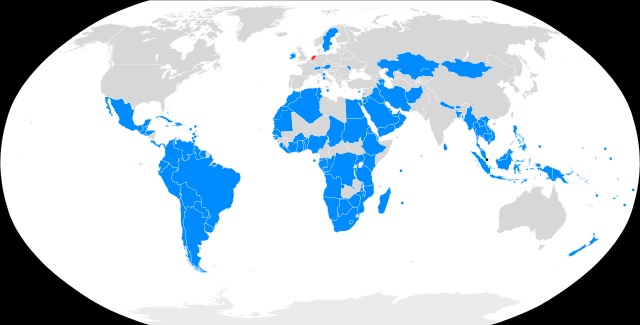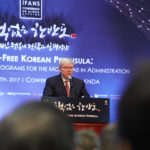
JAMES GOODBY AND MARKKU HEISKANEN AUGUST 11 2021 I. INTRODUCTION In this essay James Goodby and Markku Heiskanen argue that: “It is clear that a multilateral mechanism that would promote dialogue among nations is now badly needed in Northeast Asia. Not that dialogue alone will remove the distrust that prevails in the region, but the […]










